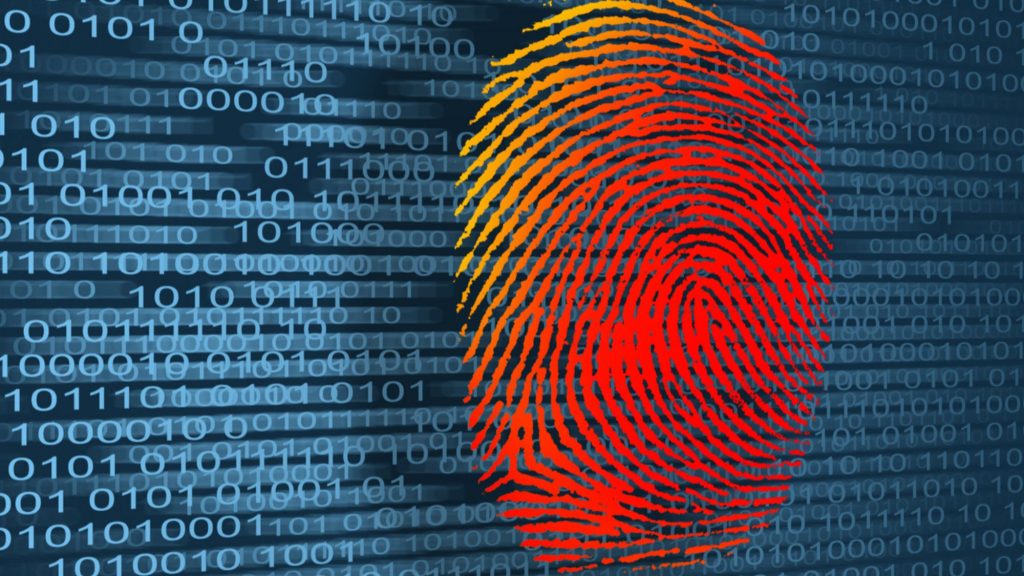In a move that signals a major leap forward in generative AI, OpenAI has quietly rolled out ChatGPT-5, its most advanced model to date….
Don’t be fooled. You too will be a victim of identity theft

Identity theft in South Africa continues to rise, despite numerous warnings and efforts to protect consumers. Reports suggest that someone’s identity is stolen somewhere in the world every two seconds.
Recent statistics from the National Council on Identity Theft Protection in the US show that losses from identity theft cost Americans close to $6 billion in 2021. The Federal Trade Commission received 5.7 million fraud and identity theft reports in the same year of which a quarter was related to identity theft.
It is believed that identity theft is now costing the South African economy more than R1.5 billion per annum. “Everybody will be affected by identity theft, whether directly or indirectly, at some stage,” says Gur Geva, founder and chief executive of pan-African fintech innovator, iiDENTIFii.

Digital transacting
Geva says digital transacting has been on an upward trajectory even before the Covid-19 pandemic forced people online during the initial harsh lockdowns. “The pandemic just catapulted digital transacting to a new level,” he says.
Although the health impact of the coronavirus has abated, the use of online platforms to shop, bank, and do business has continued apace with the value of global online transactions reaching into the billions and climbing.
Fraudsters, hackers and organised crime syndicates have been following the money and are upping their game to gain access to the personal information and identities of victims.
Geva explains that identity theft is not solely caused by customer carelessness. “There are obviously people, and crime syndicates, who are specifically targeting individuals, but there are also algorithms and bots searching for vulnerabilities to exploit.”
In shifting from using a physical identity to a digital identity, there are several advantages to the users, such as efficiency and inclusion. Research shows that a good digital identity can facilitate greater user control of data, privacy protection, security for online transactions and decreased resistance to transacting online, among others.
Advanced technology
Financial institutions have increasingly realised the importance of using advanced biometric verification technology to protect themselves and their clients from not only identity theft risks, but also money laundering fraud, regulatory fines and reputational damage.
Less sophisticated consumers and bank customers have been hesitant to onboard biometrically for online services. However, when they understand that in doing so they are adding an additional layer of security against fraud and identity theft, they are far more willing to follow the biometric onboarding route.
One financial institution has seen a 100% increase in the number of customers who made use of their biometric verification technology when they understood that it increased their cyber safety.
“It is just human nature; when people are told to do something they are less likely to do it. However, if they understand the benefits, they are more likely to do it,” says Geva. “If the request for their biometric data comes from a reliable and trusted source such as their bank, they are more likely to respond positively.”
Safety and security
Onboarding in financial services and wealth management is becoming increasingly important given the global focus on anti-money laundering and efforts to combat illicit financing. “We have seen that the financial sector and more particularly the banking industry is focusing on biometric verification from a safety and security perspective as opposed to it merely being a regulatory or governance box to tick,” says Geva.
Companies are installing high-quality identity verification methods including 3D liveness. iiDENTIFii is an African pioneer of 4D liveness detection and triangulation technologies which are both accurate and secure.
There is a growing need and requirement for governments and organisations who have not yet fully embraced digital biometric identity verification to do so. There is not only a local drive to embrace this transformative technology, but also a global demand to do so. “From an online safety and security point of view, verified proof of identity will become commonplace because it protects the integrity of businesses and individuals – and their financial interactions,” notes Geva.
ALSO READ: SA e-commerce in dire need of better ID authentication

